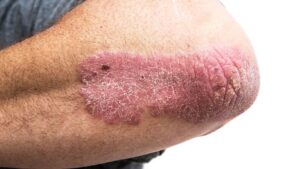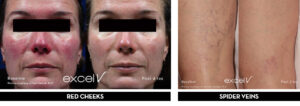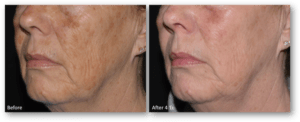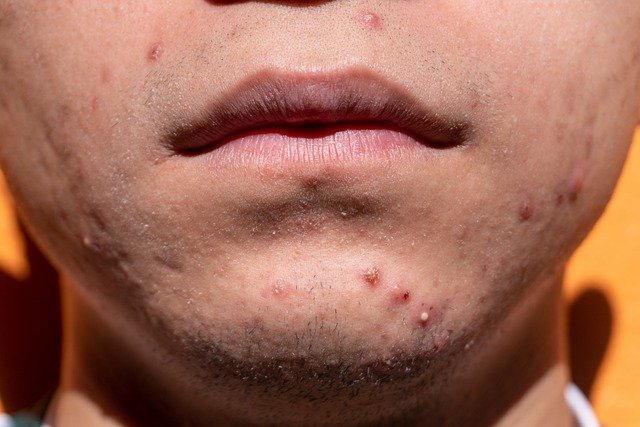
Fact or Fiction: Sunscreen Causes Acne
One of the most-debated aspects of sunscreen use is its potential to cause breakouts and acne by clogging the pores with oils. But is that really true?
“It can be true in certain circumstances,” says DeSilva Dermatology’s Dr. Thushan DeSilva. “Some over-the-counter sunscreens contain chemicals that can actually clog the pores and cause breakouts as well as other skin irritations.”
Some chemical sunscreens contain oils that convert UV light to heat, causing you to sweat more and clog pores. However, noncomedogenic (or mineral-based) sunscreens, such as those offered by Elta MD, are oil-free and don’t make you sweat or clog your pores.
In fact, some sunscreens can actually help with breakouts and acne. “UV rays can dry out the skin, which can result in excessive oil production as a way to compensate for the damage,” continued Dr. DeSilva. This clogs the pores and triggers breakouts. However, the right kind of sunscreen actually prevents the skin from drying, thereby preventing the excretion of excess oil.
Sunscreen can also aid in reducing other skin conditions. If you already have acne scars and dark spots, the right sunscreen can prevent them from becoming more pronounced. Rosacea is another disorder that can cause flare-ups when skin is exposed to the sun, and sunscreen can help prevent those as well.
As with all skincare solutions, it’s important to select the right sunscreen for your skin type. If you have oily skin and are susceptible to breakouts, you’ll want to pick a noncomedogenic, oil-free sunscreen such as EltaMD UV Clear.
Sunscreen can also help improve acne in other ways, including preventing and protecting already existing acne and dark spots. To accomplish this, you need to find the right sunscreen for your skin type.
Other ingredients in some sunscreens that can help acne-prone skin are:
- Zinc oxide. Not only is this ingredient anti-inflammatory, it helps with redness and acne.
- This ingredient is also an anti-inflammatory that helps reduce redness.
There are more issues than just breakouts to consider as well. Sunscreens help to reduce the chances of developing squamous cell carcinoma by 40% while lowering the risk of melanoma by about 50%. They can also help to prevent premature aging caused by the skin drying and lines deepening.
And remember — just because we’re currently experiencing overcast winter days with cooler temperatures, that’s not a reason to stop using sunscreen. The sun’s rays can penetrate the thickest clouds. About 80%, as a matter of fact.
Since everyone has different skincare needs, it’s important to consult a professional dermatologist about what’s right for you. Dr. DeSilva can guide you in making the right choices.
Dr. DeSilva recommends a sunscreen of at least 30 SPF. He also recommends that it complements other treatments that are already in your skincare regimen. Contact us for a skincare exam and recommendation.

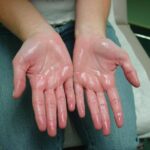 Previous Post
Previous Post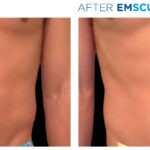 Next Post
Next Post
